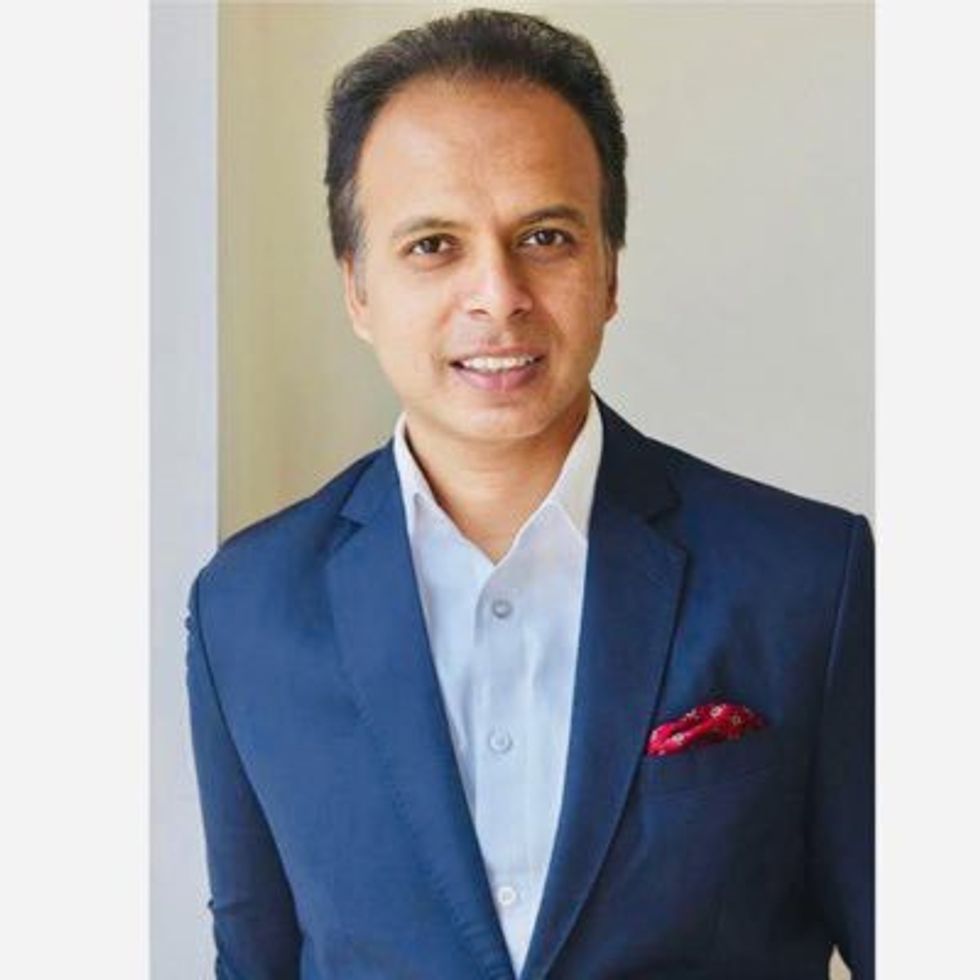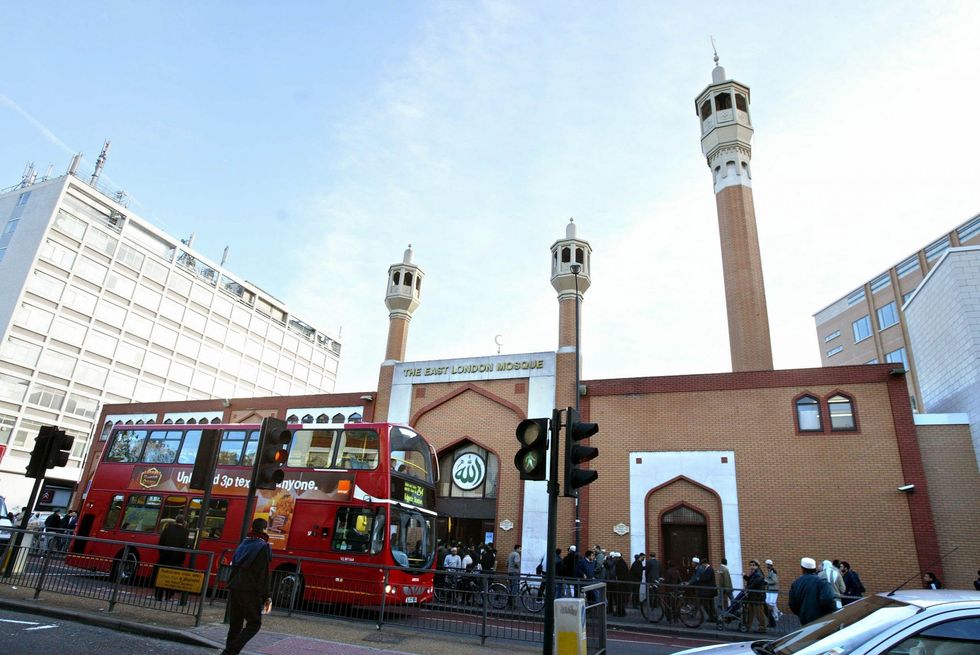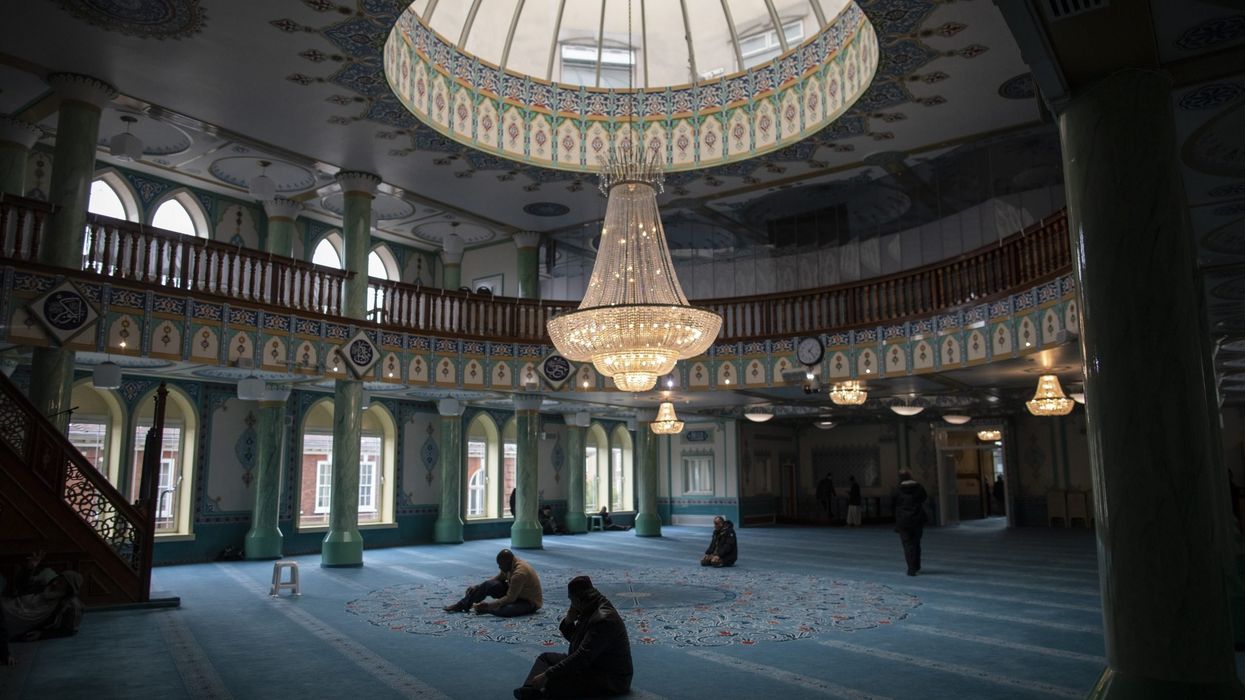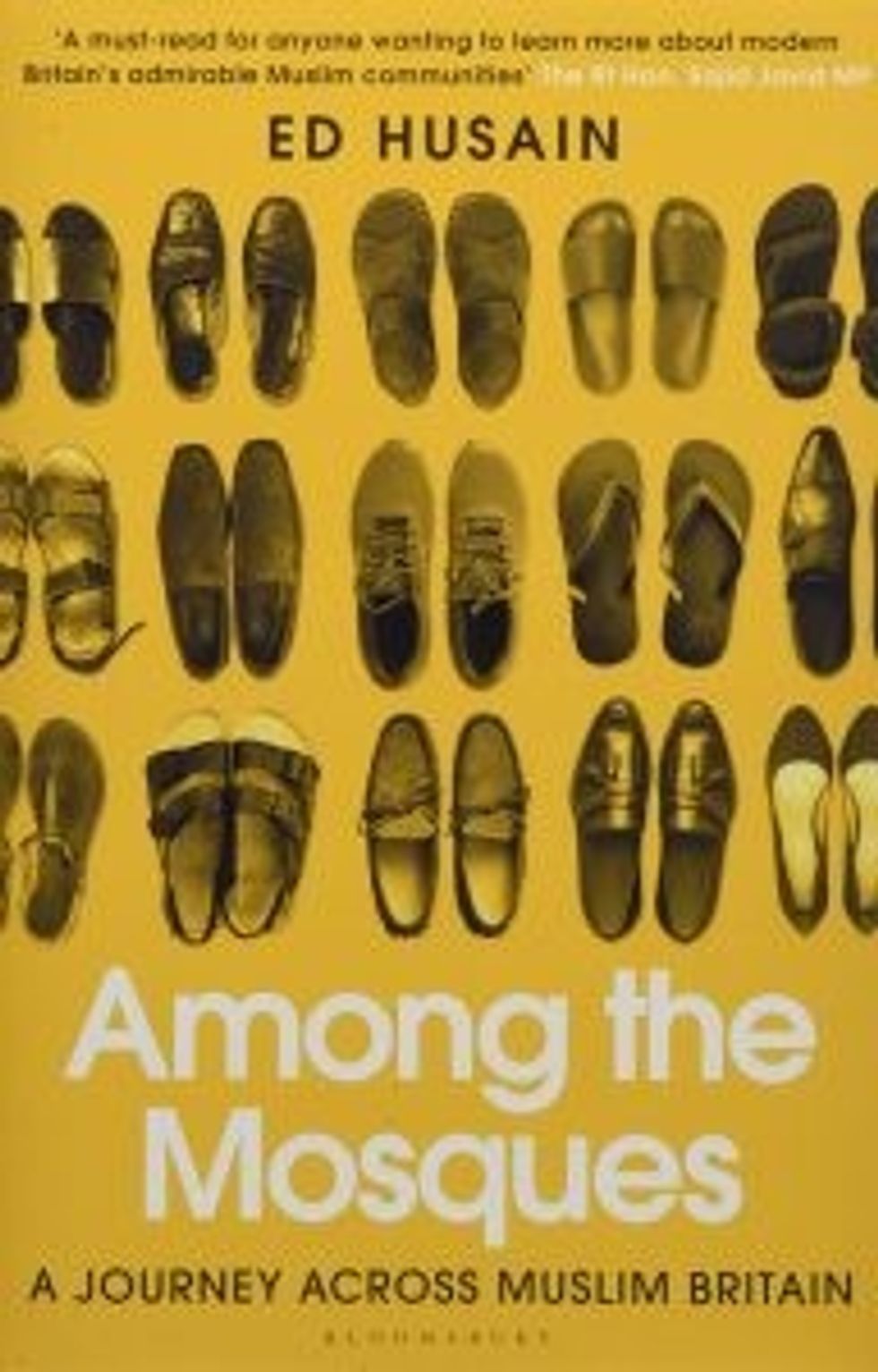Why Ed Husain hopes his new book will help readers understand muslims better
AN AUTHOR who visited mosques across Britain for his new book has revealed his concerns for the future of Islam in this country and cautioned against the drawbacks of identity based solely on faith.
Ed Husain also said his travels showed him the risks of segregation of the Muslim community and how unfairly Islamic women are treated at mosques in Britain. The former advisor to then prime minister Tony Blair also noted how some in the Muslim community want freedom of faith without accepting the responsibility that comes with it.
In an exclusive and wide-ranging interview with Eastern Eye, Husain, 46, spoke of his hope that his book, Among the Mosques: A Journey Across Muslim Britain, “will break some bad barriers”.
He said, “In the book I tell a lot of positive stories of what I see. This country has almost 70 million people, of whom five million are Muslims; probably another five million who are of different ethnic minority backgrounds, so that’s 85 per cent who are white.
“And those people are looking at their cities, seeing these big mosques in almost every major city, they have no idea what goes on inside those mosques. So many people in the country feel uncertain, maybe a little bit scared about these mosques.
“What I've tried to do is go in and show that these are mostly places of peace, of love, of spirituality, of connecting to god, of people worshiping. It's just an open space.
“But open space needs to open up and let people in. I think people will see these are places of love and worship. I've engaged in the worship, and I've shown how that worship is done.”
However, Husain’s research also showed some challenges the community faces. He noted how some mosques are using places of worship as “political centres”.
“That's what we're seeing in Austria, France, Germany, Switzerland - an attempt to close down some mosques. We don't want to go there in this country. It's important we understand what's going on, and I think the book will help readers understand what's happening inside mosques and within Muslim communities," Husain said.
He was born in east London, his mother was from Saudi Arabia and his father was born in British India.
After school, Husain became involved in the Islamist organisation Hizb ut-Tahrir, before disowning their beliefs to start the thinktank Quilliam (which was dissolved earlier this year).
During the pandemic, places of worship, especially mosques and temples, have become hubs for the UK’s vaccination drive. Husain noted the importance of faith leaders working to raise awareness about the benefits of the jab.
“I think gurdwaras, temples, mosques, synagogues, churches are all part of the diversity in the UK and remind us of something beyond us. The fact that we can have a Hindu temple and the mosque and the Sikh gurdwara and the Jewish synagogue, and the Christian Church and the Buddhist temple all side by side in different parts of the country is a very important achievement, something that I think India has that long history of, but that other countries don't. Nazi Germany certainly did not have that.
“So it's great that we can have this and we need to preserve it. But it means they have to be tolerant and diverse, not become a political basis for separatism.”
Travelling to northern towns such as Blackburn, Bradford and Dewsbury revealed to Husain how some white people "felt that there were too many mosques in Britain, that there were too many Muslims in Britain, or there were too many Asian people in Britain".
He added, “There were two or three things that really worried me - the first is the inability of many Muslims to understand we have been here in the West for the past 60-70 years, because of one idea. And that idea is freedom, secular freedom.

“Before the 1950s and 1960s, for the past 2,000 or 1,400 years of Islamic existence, Muslims were not in the West. Why? Because Western countries were intolerant of minorities. Then something changed after the Second World War and that allowed Muslims and others to arrive on the ‘bridge’, which is called secular freedom. That bridge is being burned by Muslims today. Because many Muslims cannot accept the fact that there will be gay teachers, there will be teachers who may not agree with Muslims or the Prophet; there will be institutions and ideas that will not be in line with what Muslims expect.
“We should accept that. But there is a Muslim impulse at play, whether it's in Batley where a teacher was expelled for showing a cartoon of the Prophet Muhammad, or whether it's a teacher in the Birmingham school who was expelled or they tried to expel him for teaching LGBT lessons to young kids.
“I'm not saying it's right, all I'm saying is there's a way to handle it. We don't organise a mob and try to expel teachers. No, that's an early sign that's worrying. That's the first thing.
"The second thing that really worries me is the way we are treating women. Many mosques I went to do not allow women inside. Some of them were major mosques and that's a real worry, because when I lived in Saudi Arabia, in Syria and I travelled regularly to Turkey to Egypt, the mosques are open to women. The mosques are open in Delhi, anyone can come and go, women are at the front of the mosque, no one bothers them.
“Now why is it that Muslims here have lost the way and want to create these mosques that are not even in Saudi Arabia?
“The third thing that deeply worries me is that in some parts of the country, Muslims are growing in numbers in segregated areas. By the year 2050, we will have 13 million Muslims in the country - which is the projection from the Office for National Statistics.
“Today we have so many problems with only five million Muslims in the country. What happens when we have 13 million?
“Does the peaceful majority get organised by a very unpeaceful minority? In some ways, those three things, also mentioned in my book, are a warning sign for us to all wake up and learn to belong as citizens of a secular country and not demand special treatment."

However, he also saw reason for hope. When compared to other countries, Husain said he felt Muslims living in Britain are "probably the most free", noting that in Turkey, Iraq, Afghanistan or Indonesia, “if you covert or you're gay, you will be punished, whether it's culturally or legally".
In Britain, however, he said the legal system protects everyone.
“This freedom has two sides, you have rights to do whatever you want. But you also have responsibilities. In this country, while Muslims are free to practise Islam, some don't understand their responsibility. They want all the rights, without the responsibility.
“That (aspect) isn't currently understood by the so-called community leaders. Therein lies a really big problem. It is explained by the fact that when Hamas and Israel were at war for 11 days in Gaza, Muslims from Bradford came to London in convoys, with a Palestinian flag saying, 'rape the Jews, kill the Jews'.
"How does that work? It’s a foreign conflict. Here in Britain, many young Muslim activists do not feel the common ties of citizenship with their Jewish friends. Instead, they see them as enemies because they're Jewish.
“If something happens in India, you know, on the dispute around Kashmir. Why should Muslims in Britain take the side of Pakistan? How does that work? This is a dispute between two countries over sovereign territory in a faraway land. Why are MPs in the House of Commons in Britain shouting at the British government to take the side of Pakistan?
“We don't approach conflicts and issues objectively or rationally. But we have this ‘group identity’ which comes to the fore that only Muslims, only Palestinians and only Muslims who are Kashmiri Muslims - they deserve support.
“We have poverty (here), we have homelessness. We have people in need of assistance in hospitals. That's not sustainable because people will say, you enjoy the freedoms and you enjoy the rights, but you don't take any of the responsibility seriously. That fracture might come to harvest in coming years, God forbid.”
Husain also voice his concerns around unemployment among Muslims and racism at work.
“Unemployment rates are very high among people from an ethnic background, either Pakistani or Bangladeshi. However, those of Indian ethnic have much higher success rates, why? What's going on? What’s the difference - they have the same skin tone, similar names, but there's something in the culture in India, that makes people be much more entrepreneurial and successful," Husain said.
He added: "We are now seeing people from a Bangladeshi background doing better and people from a Pakistani background being held back. Muslims from a Turkish or Kurdish background are doing really well. I don't think it's just about being Muslim, this is a danger of the identity being solely about religion. It holds you back.
“It's your private thing. Wherever you want to worship, it's up to you. But in the public domain, you've got to be British, and unless that happens, young people will not feel comfortable. All they will see is racism in the workspace. And that's my fear that young people are feeling more and more isolated.”





